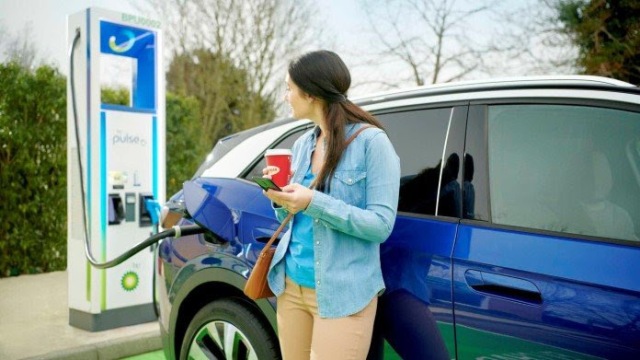The German government approved a plan to spend 6.3 billion euros ($6.1 billion) over three years to scale up the number of charging stations for electric vehicles across the country.
Germany’s plan envisages a 14-fold increase in the number of charging stations, increasing to 1 million by 2030 from around 70,000 at present. It would focus on building EV charging stations in municipalities which are currently undersupplied.
It also aims to have 15 million electric vehicles on German roads by 2030 from around 1.5 million now. Other measures in the government’s plan include speeding up state approvals to build charging points.
“Our goal: to accelerate the expansion of charging infrastructure, simplify the charging process and thus make it easier for people to switch,” said Federal Transport Minister Volker Wissing in a statement.
Germany is home to battery-electric vehicle makers including Volkswagen and Tesla, US-based Tesla has a factory on the outskirts of the capital, Reuters news report said.
The electric vehicle push comes against a backdrop of surging electricity prices, resulting from an energy crisis fuelled by Russia’s invasion of Ukraine.
German government plans to cap electricity prices, and Wissing said the energy crisis should not derail longer term climate goals.
The German Association of the Automotive Industry (VDA) said it was an important step and that the speed of implementing the proposals was now key.
The BDEW energy and water business association said the proposals would lead to more planning and state control, calling it expensive window-dressing.

